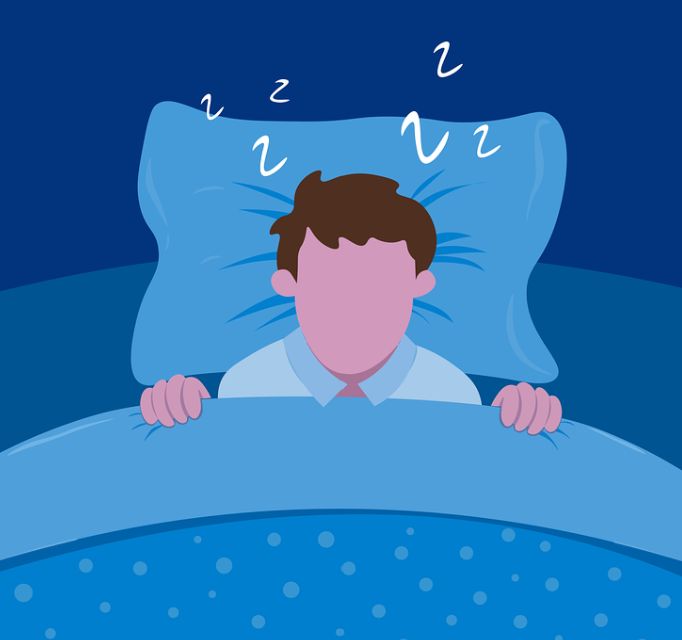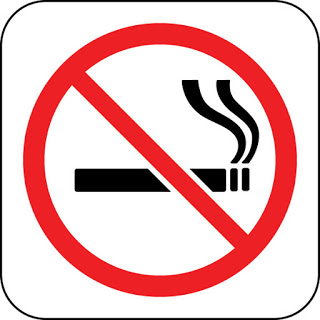News Flash! Most of us don’t sleep as much as we need to. JK, I know this is not news …. I just need to look at the monster java in front of me as I write this early morning blog post, to know this for myself!
Population studies show that the optimum amount of sleep is 7.7 hours (though this will vary from person to person). Sleeping less than 7 hours per night on a regular basis is associated with a higher risk of weight gain and obesity, and studies have shown that if sleep is restricted, we eat 250-350 calories more per day (to put this amount in context, 3,500 extra calories consumed = 1 lb (0.45kg) of fat).
So what happens to food intake if we do the opposite study – in other words, what happens to calorie intake if short sleepers sleep more?
This was the thinking behind a study, recently published in JAMA Internal Medicine. In the study, 80 adults were enrolled, aged 21-40, with BMI 25-30, and an average habitual sleep duration of less than 6.5 hours per night. They were randomized to either 2 weeks of extended sleep (goal 8.5 hours per night), or to continue their usual short sleep routine. The goal was to see what the effect of longer sleep would have on their energy intake in a real-life setting. Sleep was assessed with a wrist monitor. Energy expenditure was measured by the doubly labeled water method. Energy intake was calculated from the sum of total energy expenditure and change in body energy stores using the principle of energy balance. Change in body energy stores was computed based on daily home weights and change in body composition using DEXA scans.
By prolonging their sleep by an average of 1.2 hours per night, the extended sleep group consumed 270 calories less per day compared with the control group. When you dig into the study, this was partly because the extended sleep group decreased their calorie intake by 156 calories per day, and partly because the control group (short sleep) actually consumed 115 calories more per day during the study (exactly why is not clear). Nevertheless, based on these results, the authors calculate that each 1-hour increase in sleep was associated with a decreased energy intake of 162 calories per day. There was no difference in energy burn (expenditure) between the two groups. The long sleep group reported more daytime energy and alertness, and better mood.
The decreased energy intake in the long sleep group resulted in a negative energy balance, which, if sustained, would lead to weight loss over time. However, we cannot conclude that simply sleeping longer will result in weight loss. Natural biology strongly defends body weight, meaning that if weight goes down even a little, metabolic and hormonal changes kick in that put brakes on weight loss and drive weight regain. Also, this study was very short: participants slept longer for 2 weeks, but could they do it for 2 months, or 2 years?
What we can take away is that longer sleep favors lower energy intake, which is good for weight management in the big picture. Remember also that insufficient sleep has a laundry list of health costs, including higher risk of diabetes, obesity, metabolic syndrome, and even mortality. And, sleeping more feels good! It’s good for our energy and wellbeing.
It’s much easier said than done to simply ‘increase your sleep’ (as we all know!). To get you started, check out these sleep hygiene tips.
Share this blog post using your favorite social media link below!
Follow me on twitter! @drsuepedersen
www.drsue.ca © 2022












